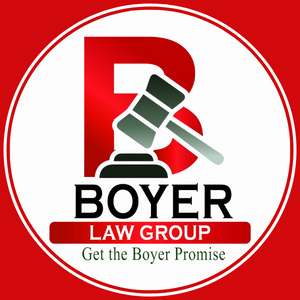A loved one chose you to act as her or his estate administrator, and you want to arm yourself with knowledge to prepare for the role. Do you know anything about the probate process?
To help you save time and distribute assets efficiently, AARP explains which assets usually qualify for the probate process. Learn how to keep a decedent’s assets from becoming tied up.
Probated assets
When a person dies and only her or his name appears on a title, that asset or property must likely go through probate. At that point, the probate court represents the only authority with the power to modify titles according to the individual’s will. Examples of such properties and assets include financial accounts, residential real estate and motor vehicles. Sometimes, even properties and assets with multiple owners may qualify for probate if the title does not include a right of survivorship clause.
Nonprobated assets
A will may include property titled to change hands to an heir without passing through probate court. One common way to ensure a person’s stake in a specific asset passes on to a surviving co-owner is with a joint tenancy with rights of survivorship. Often, joint accounts shift hands to a surviving owner without involving the probate court. Your loved ones’ life insurance policy may name a nonestate beneficiary who receives the death benefit once the executor submits the death claim, and the same applies to annuity contracts, retirement accounts and brokerage accounts.
Proper preparation becomes vital when acting as an estate administrator. By understanding Michigan’s probate process, you help take care of your loved one and her or his beneficiaries and heirs.

